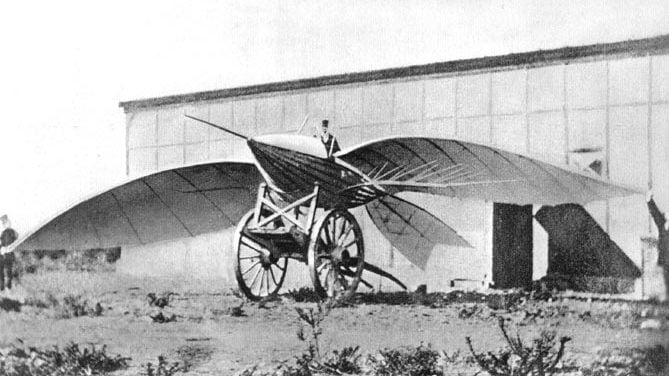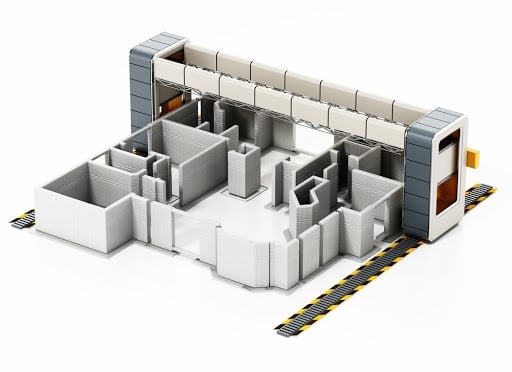Will your next Uber driver pick you up in a flying car? Probably not, but the company is definitely putting some thought into the flying cars market.
Uber recently hired Mark Moore, an engineer who specializes in vertical take-off and landing on-demand (VTOL) projects, to lead the company’s new aviation initiative.
Moore, a former NASA engineer, published a white page on the future of urban aviation transportation. The research signaled Uber’s desire to enter the emerging market, and it paved the way for a top position for Moore at the company.
This research has been in part a catalyst for entrepreneurship in the transportation industry.
In reaction to the research consulted by Moore, Google co-founder Larry page launched his own similar aviation projects. Uber has already paired with Volvo and Daimler to revolutionize self-driving cars. Tesla, too, is competing in the self-driving cars market.
However, Uber doesn’t want to produce flying cars, per se, as much as the tech company wants to help nudge the industry into the mainstream.
According to their own published research, Uber wants to help reduce obstacles such as air traffic regulations, noise pollution, and energy issues. In other words, the company sees its role as more of an organizer in the VTOL transportation industry than they do a producer of VTOL aircrafts themselves.
Uber Elevate, the name of the company’s innovative project, aims to streamline an industry that would otherwise be left to tech fantasy.
A project with the goal of incorporating flying cars into everyday American urban life reads more like a fiction novel than it does an emerging technologies report, and for this reason, Uber is appointing itself as the chief diplomat of this niche industry.
Fortunately, the tech company is exactly the one that should be taking on that role. Having grown a tech idea that was once also considered fantasy – ride-sharing via a smartphone app in America’s urban centers – turned into an independent industry now equipped with 55 million active riders thanks to Uber. They revolutionized cabbies.
Uber may eventually be as successful with their aviation endeavors as they have been with ride-sharing. However, the tech company will undoubtedly have turbulence along the way.
With tech entrepreneurs and engineers claiming that the market will deliver feasible flying cars in a few years, Uber’s investments in aviation could be make the company even more of a transportation powerhouse. They just need the regulator climate to clear up first.
RELATED:
• Perky Perky is Coffee with a Purpose – #FFLTV Case Study
• Why We Should Pay Attention to Labor Force Participation, Not Just Unemployment
• 7 Questions You Need to Ask Yourself Before Agreeing to a Partnership











